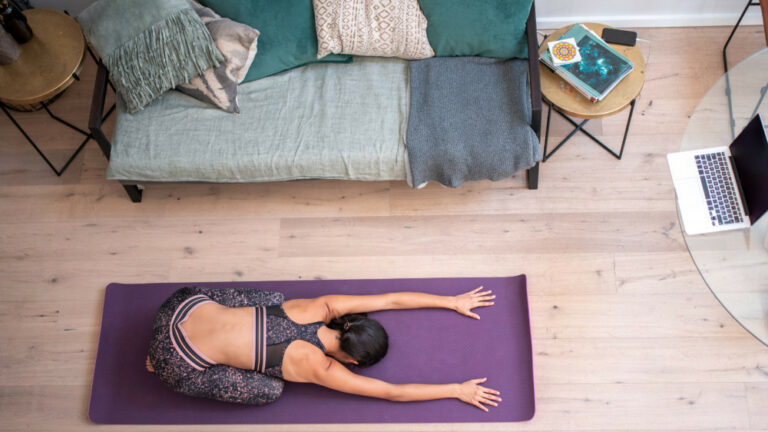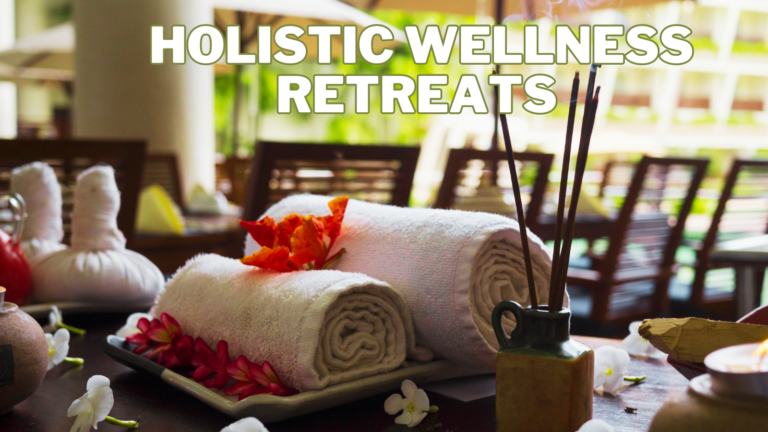Best Solutions To Help You Rest Easy
Best Solutions To Help You Rest Easy
A good night's sleep is crucial. It improves your mood and allows your body and mind to perform efficiently. Some folks have no trouble sleeping.
On the other hand, many others have a tough time falling and keeping asleep throughout the night. Sleep deprivation may harm many aspects of your body and brain, including learning, memory, temperament, emotions, and biological functioning.
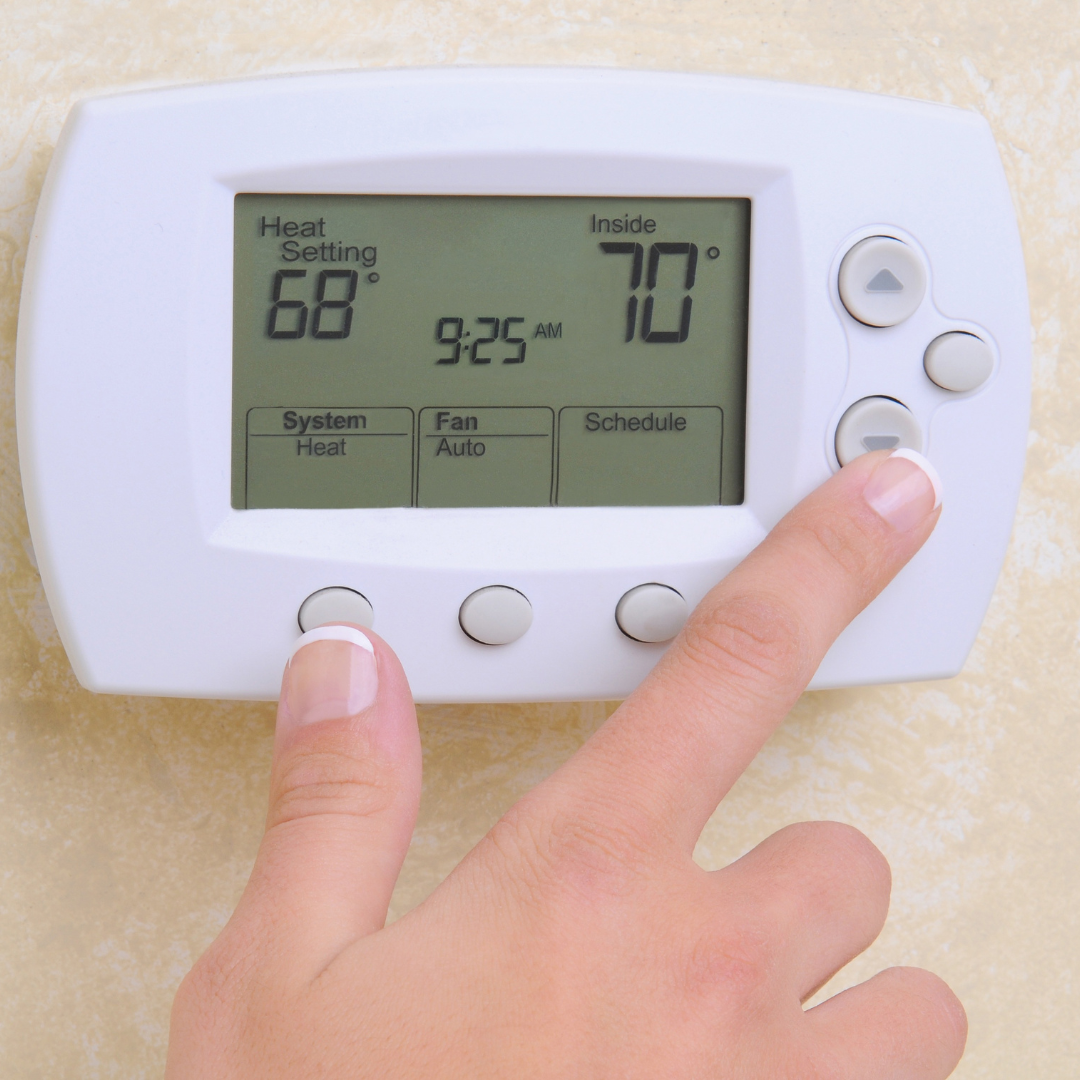
1. Lower The Thermostat
As you sleep, your body temperature varies. When you lay down, your body cools down, and when you get up, it heats up. You can have trouble falling asleep if your room is too hot. It may be beneficial to set your thermostat to a chilly temperature of 60–67°F (15.6–19.4°C).
Individual tastes will differ, so figure out what temperature suits you best. A warm bath or shower might also assist the body's temperature fluctuations to go more quickly. As your body cools down after that, your brain may get a signal to sleep.
According to one study, having a hot bath or shower before bed might enhance key sleep metrics, including sleep efficiency and quality. The amount of time you spend sleeping in bed instead of lying awake is called sleep efficiency.
Baths or showers between 104°F and 108.5°F (40.0°C and 42.5°C) were shown to be beneficial 1 to 2 hours before sleep. Even if their baths or showers were just 10 minutes long, many reported improving their sleep. More study is required, but these results are encouraging.
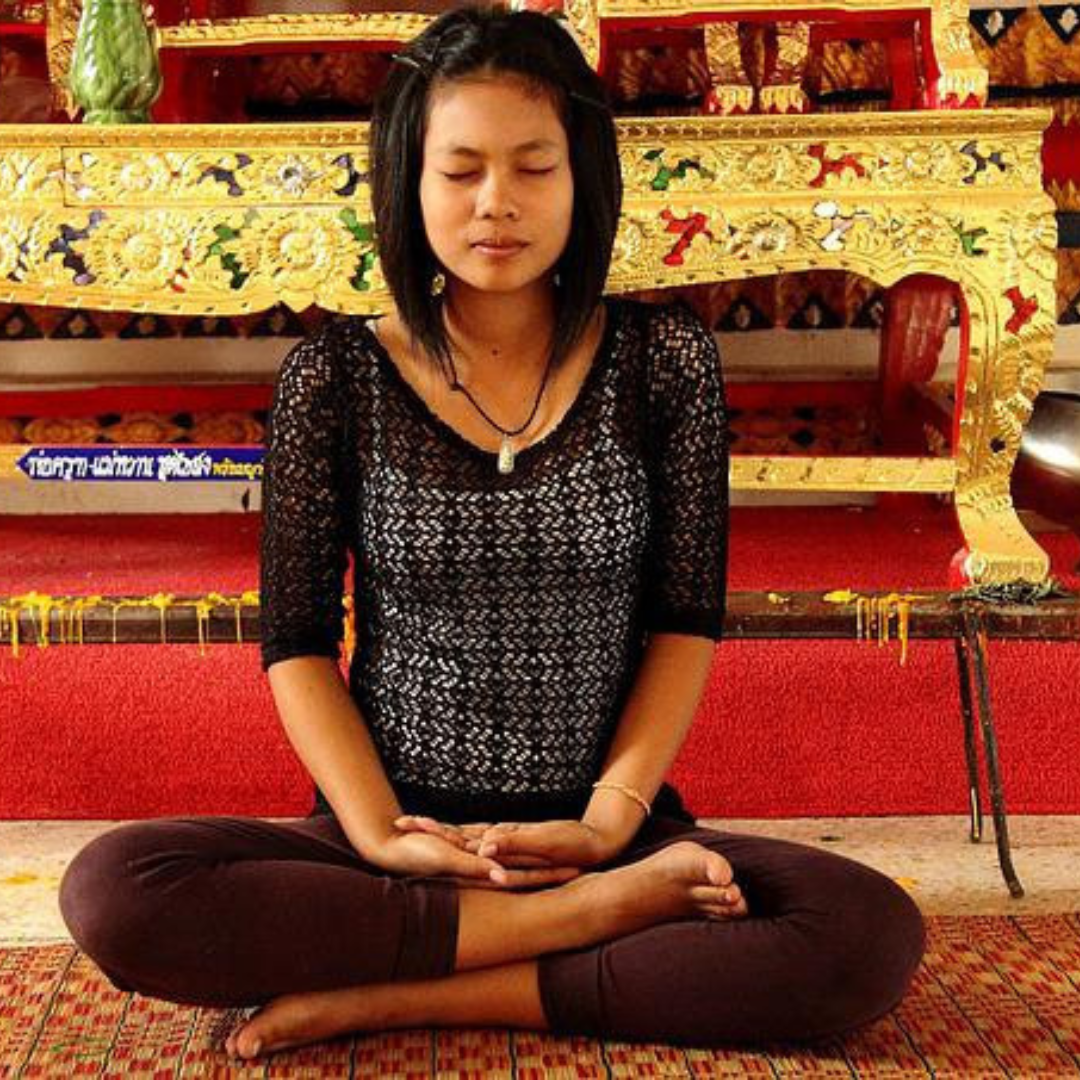
2. Practice The 4-7-8 Breathing Technique
Dr. Andrew Weil's “4-7-8” approach is a simple yet effective breathing technique that promotes tranquillity and relaxation. It could also help you relax before going to bed. It comprises a breathing rhythm that soothes the nervous system and is based on breath control skills gained from yoga. It may be used if you are concerned or upset. The steps are as follows:
- Place the tip of your tongue beneath your top front teeth for the first time.
- Make a “whoosh” sound by totally exhaling through your lips.
- Close your lips and count to four while inhaling through your nose.
- Take a deep breath and mentally count to seven.
- Make a “whoosh” sound and mentally count to eight as you open your lips and exhale fully.
- Repeat the process at least three times more.
This method might help you relax and fall asleep easily.
3. Establish A Routine
Many individuals find that sticking to a sleep routine makes it simpler to fall asleep. The circadian rhythm is your body's natural regulation mechanism. This internal clock tells your body to be attentive throughout the day and asleep at night.
Keeping your internal clock on a regular schedule may be as simple as waking up and going to bed simultaneously each day. It will be easy to fall asleep and wake up at the same time every day after your body has adjusted to this pattern.
Getting 7 to 9 hours of sleep each night is also critical. Adults have been demonstrated to benefit from this amount of sleep. Finally, set aside 30–45 minutes in the evening to unwind before bed. This helps your mind and body to unwind and prepare for sleep.

4. Get A Taste Of Both Brightness And Darkness
Your body's internal clock, which controls sleep and alertness, may be influenced by light. Circadian cycles may be disrupted by irregular light exposure, making it more difficult to go to sleep and remain awake. Exposing your body to intense light throughout the day instructs it to remain attentive.
This effect is present in both natural daylight and artificial light, such as that provided by an e-reader. The darkness encourages tiredness at night. Studies reveal that darkness increases the synthesis of melatonin, a sleep hormone. During the day, the body produces relatively little melatonin. Get outside and expose your body to strong light, either natural or artificial, throughout the day. Use blackout curtains to make your room dark at night if feasible.
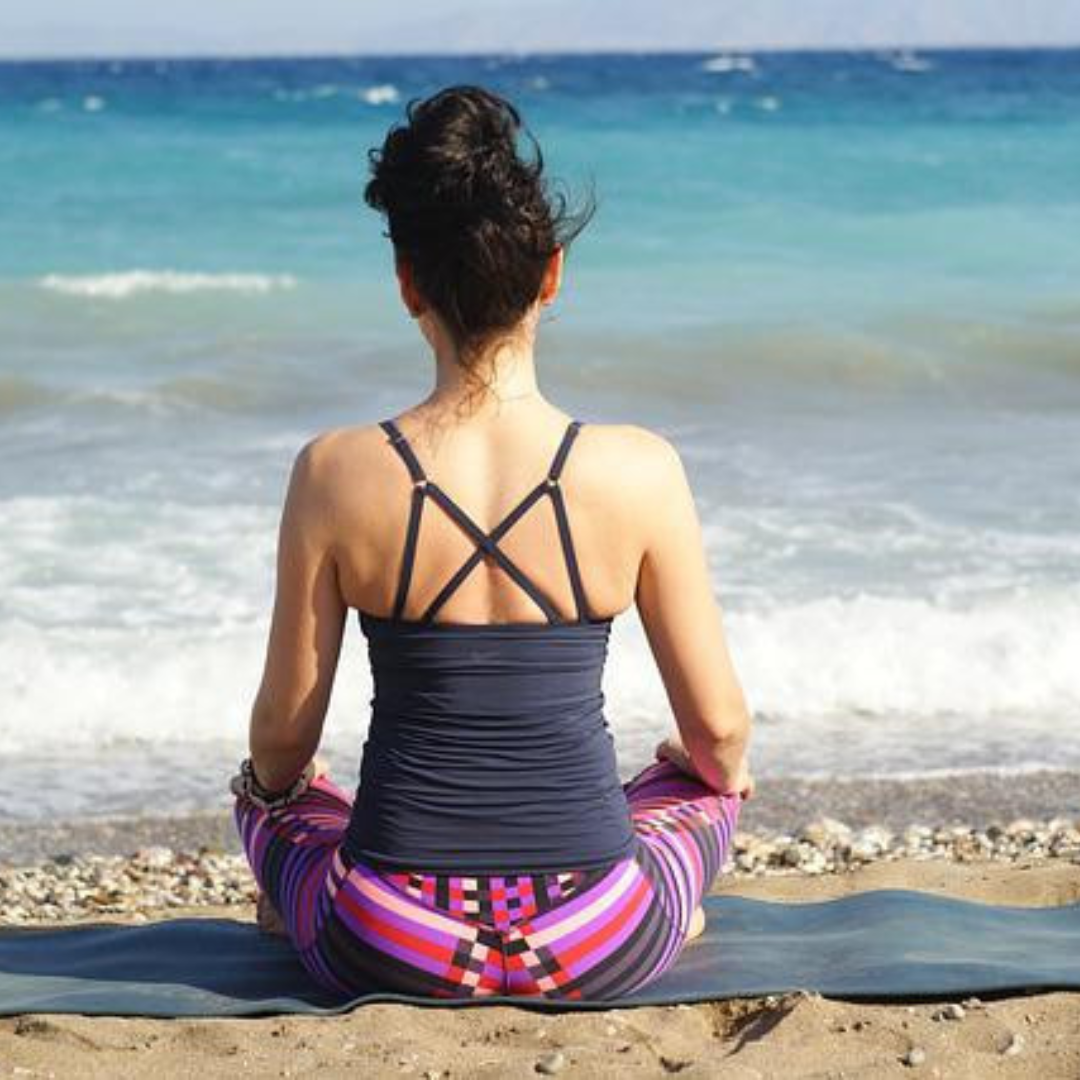
5. Incorporate Yoga, Meditation, And Mindfulness Into Your Daily Routine
When individuals are agitated, it is difficult for them to fall asleep. Yoga, meditation, and mindfulness are all techniques for relaxing the mind and body.
Furthermore, they've all been demonstrated to help you sleep better. Yoga promotes breathing patterns and body motions that help relieve stress and tension in the body.
In studies, yoga has been shown to improve sleep metrics such as sleep quality, sleep efficiency, and sleep length.
By increasing melatonin levels, meditation may help the brain enter a certain condition when sleep is easier.
Finally, mindfulness may help you stay focused in the present moment, worry less when sleeping, and even perform better throughout the day.
One or all of these approaches will help you get a good night's sleep and feel reenergized when you wake up.

6. Don't Glance At Your Clock
Getting up in the middle of the night is common. On the other hand, the inability to go back to sleep might spoil a good night's sleep. People who wake up in the middle of the night are prone to obsessing that they cannot get back asleep.
People who suffer from sleeplessness are prone to clock-watching. This activity may induce anxiety due to a lack of sleep.
Worse, waking up without going back to sleep frequently may force your body to adopt a rhythm. Consequently, you may wake up in the middle of the night regularly.
Remove the clock from your room if at all feasible. If you need an alarm in your room, you may set your clock so that you don't have to look at it when you wake up in the middle of the night.
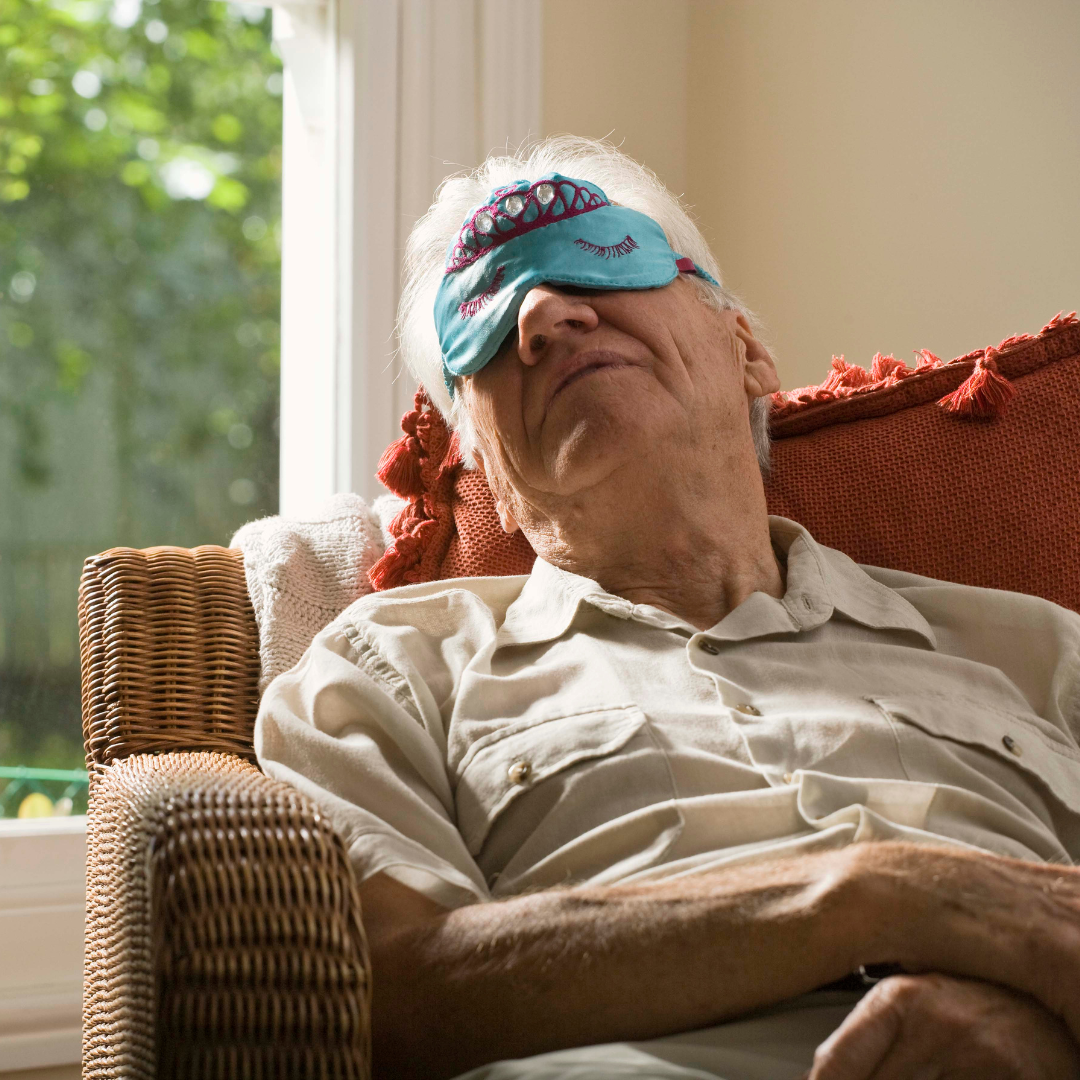
7. Don't Take Naps Throughout The Day
People with insomnia are drowsy throughout the day due to their poor nighttime sleep, which typically leads to daytime napping. While short-duration naps have been related to increased alertness and well-being, perspectives on the impact of napping on nocturnal sleep are divided.
According to several studies, taking lengthy (at least 2 hours) and late naps regularly might contribute to poor nocturnal sleep quality and even sleep deprivation.
In a study of 440 college students, those who reported having three or more naps per week, those who slept for more than two hours, and those who napped late had the worst overnight sleep quality (between 6 pm and 9 pm).
According to 1996 research, older persons who napped regularly had worse nocturnal sleep quality, more depressive symptoms, and less physical activity. They were also more likely to be overweight than individuals who did not take naps often.
Recent research on high school students found that napping during the day resulted in shorter sleep duration and decreased sleep efficiency.
Other research has shown that naps do not affect nocturnal sleep. Whether you want to see if naps are hurting your sleep, consider cutting them out completely or restricting yourself to a short nap (30 minutes or less) early in the day.

8. Keep Track Of What You Eat And When You Consume It
It seems that the food you consume before going to bed impacts your sleep. High-carb meals, for example, have been demonstrated to be hazardous to a good night's sleep in studies.
According to a review of research, although a high-carb diet may help you fall asleep sooner, it won't be comfortable to sleep.
On the other hand, high-fat meals may encourage deeper and more peaceful sleep. Numerous older and recent studies have shown that a high-carb/low-fat diet reduces sleep quality when compared to a low-carb/high-fat diet.
This was true when the high-carb/low-fat and low-carb/high-fat diets had the same number of calories. If you insist on eating a high-carb meal for the evening, do it at least 4 hours before bedtime to provide time for digestion.

9. Relax By Listening To Soothing Music
Music has been shown to increase sleep quality considerably. It may even be used to treat insomnia and other persistent sleep problems. Sedative music was shown to induce deeper sleep in a study of 24 young people. Listening to Buddhist music may also help you sleep better by reducing the time it takes you to fall asleep.
The term “sleep onset” refers to this variable. Buddhist music is composed of various Buddhist chants and facilitates meditation.
Another 50-person research found that individuals who listened to calming music for 45 minutes before night slept more restfully and deeply than those who did not. Finally, if you don't have access to peaceful music, filtering out any noise may help you fall asleep sooner and sleep more soundly.
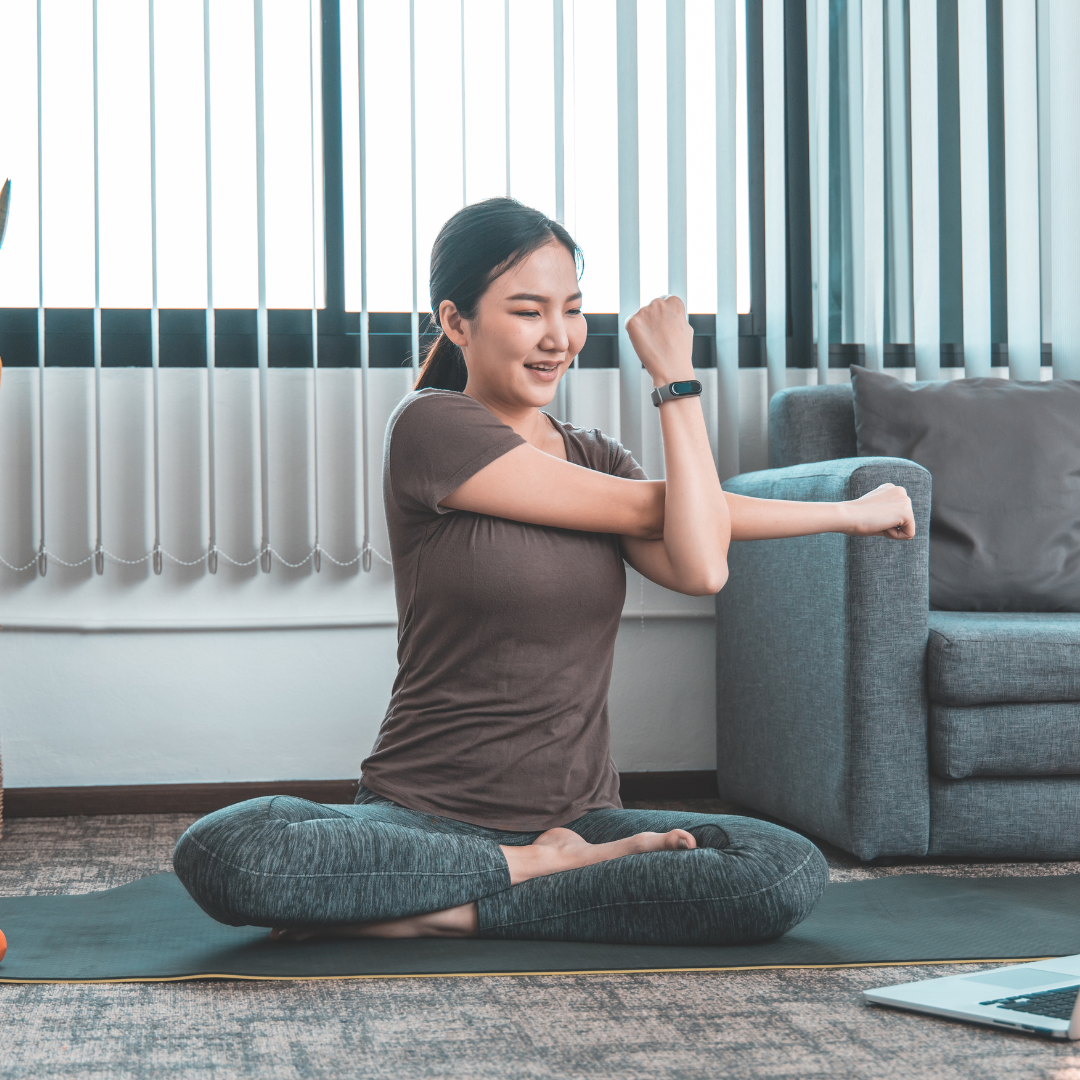
10. Get Some Exercise In Throughout The Day
Physical exercise is often considered advantageous to a good night's sleep. Exercise may improve sleep length and quality by increasing serotonin synthesis in the brain and reducing cortisol levels, the stress hormone. It's vital, though, to stick to a moderate-intensity workout plan and avoid overdoing it.
Sleep deprivation has been related to excessive training. The time of day you work out is also important. Functional exercise first thing in the morning seems to be better for promoting better sleep quality than working out later in the day.
As a result, doing moderate to intense morning activity may increase the quality of your sleep and the amount of sleep you receive. Get some exercise by doing things like:
- Running
- Hiking
- Cycling
- Tennis
11. Make Yourself At Home
A good mattress and bedding may make a big difference in the amount and quality of sleep you get. A medium-firm mattress has been demonstrated to improve sleep quality while preventing sleep disruptions and muscle pain. It's also important to consider the quality of your cushion. It has the potential to impact
- Your neck curve
- Your temperature
- Your comfort
According to a small research, orthopedic pillows may be better for sleep quality than feather or memory foam pillows. Additionally, a weighted blanket might help you sleep better by reducing physical tension.
Finally, the fabric of your bedclothes may influence how well you sleep. You must wear soft, comfortable clothes that maintain a comfortable temperature throughout the night.

12. Switch Off All Electrical Devices
Late-night use of electronic gadgets is detrimental to sleep. Watching TV, playing video games, talking on the phone, and using social media may make it difficult to stay asleep.
This is partially because electronic gadgets produce blue light, which has been shown to decrease melatonin production.
In addition, using these technologies keeps your mind busy and engaged. You should turn off all devices and put laptops and mobile phones away to maintain a calm, distraction-free environment.
If you practice proper sleep hygiene, you'll be able to fall asleep much quicker. If you must use your gadgets late at night, at the very least, try wearing eyeglasses or using a screen filter to prevent blue light. Blue light-blocking glasses or a blue light screen filter may be purchased online.
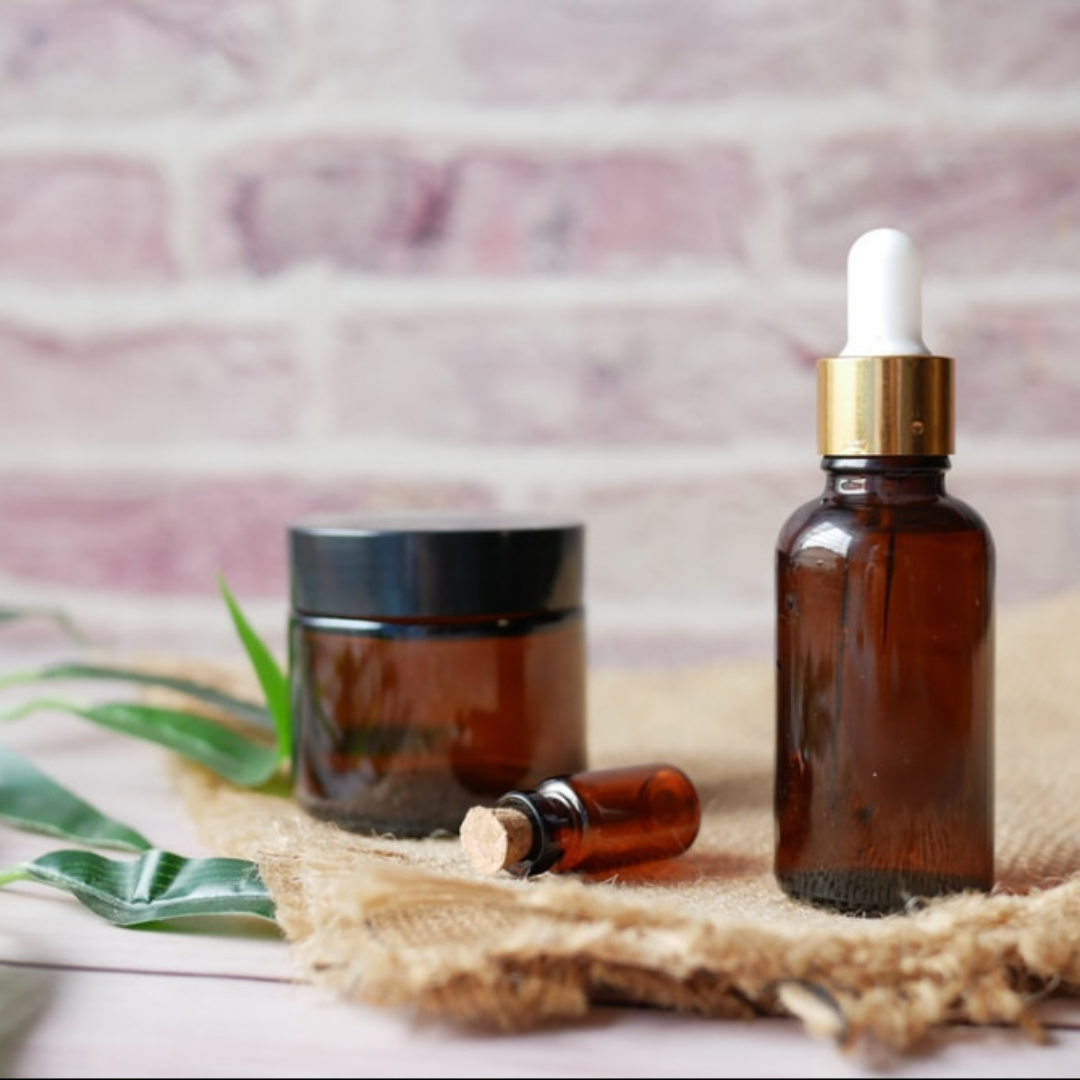
13. Experiment With Aromatherapy
The usage of essential oils is used in aromatherapy. It's widely used by those with difficulty sleeping since it may help them relax. Aromatherapy was shown to be beneficial in enhancing sleep quality in a comprehensive evaluation of 12 research. The following are some popular smells that have a calming impact on sleep:
- Lavender
- Damask rose
- Peppermint
- Ylang ylang
Oil mixes, including components such as lemon and orange, also improve sleep quality. Although essential oils may be used in several ways, much sleep research focuses on inhalation aromatherapy. An essential oil diffuser might be useful for filling your space with sleep-inducing fragrances.
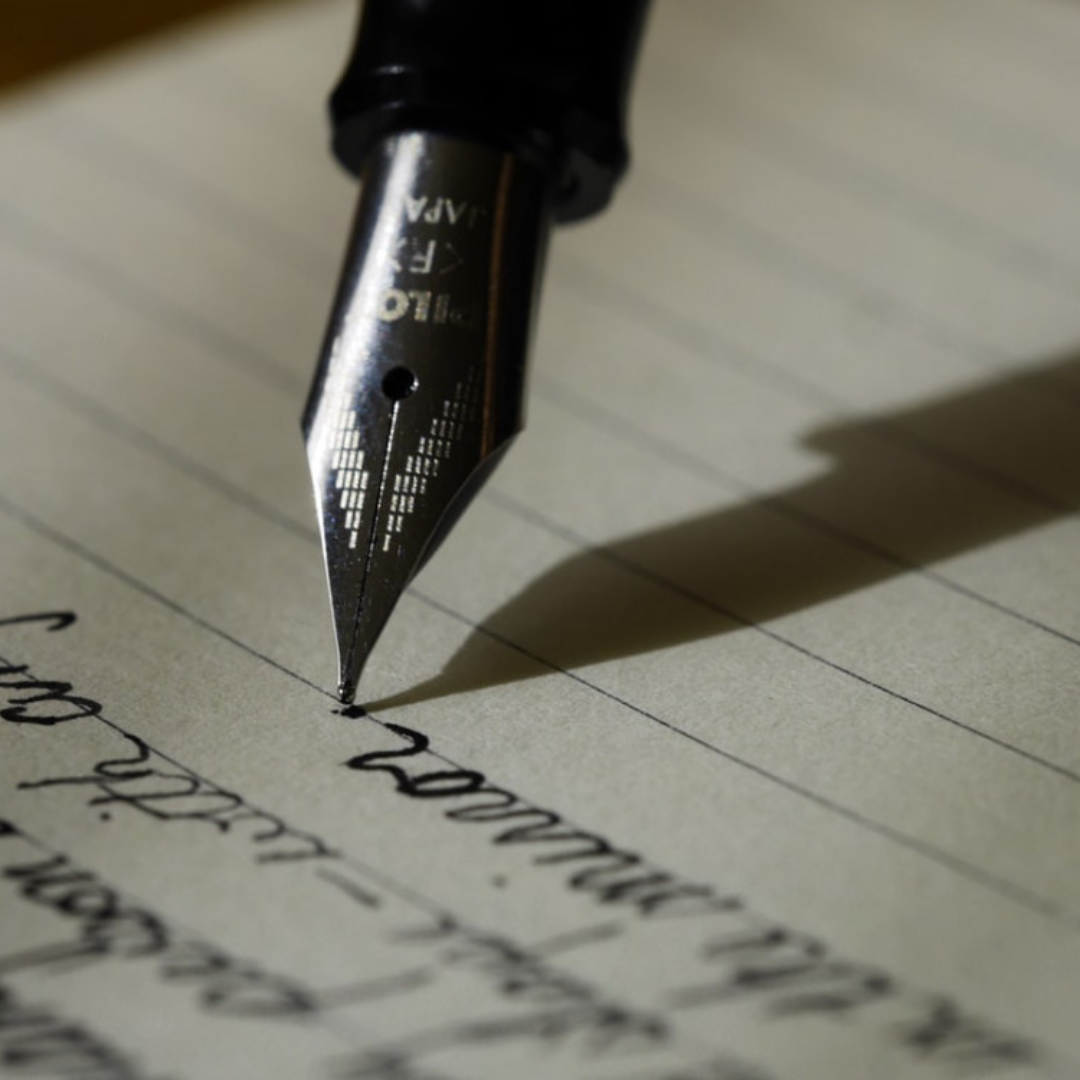
14. Before Going To Bed, Practice Journal Writing
Some individuals have trouble sleeping because their minds keep going around in circles. According to studies, this might cause worry and tension, leading to bad emotions and disrupting sleep. Journaling and concentrating on good ideas might help you sleep better and quiet your mind.
Writing down pleasant events that occurred throughout the day — or may occur in the future — might help you feel grateful and happy, reduce tension, and relax more before night.
Journaling was shown to lower nighttime concern and stress, increase sleep duration, and enhance sleep quality in a study of 41 college students.
Set up 15 minutes every night to write about your day to practice this method. It's critical to concentrate not just on the good things that happened that day but also on how you felt at the moment.
In another research, making a to-do list, even for 5 minutes, was shown to be even more beneficial than journaling to help young people fall asleep quicker.
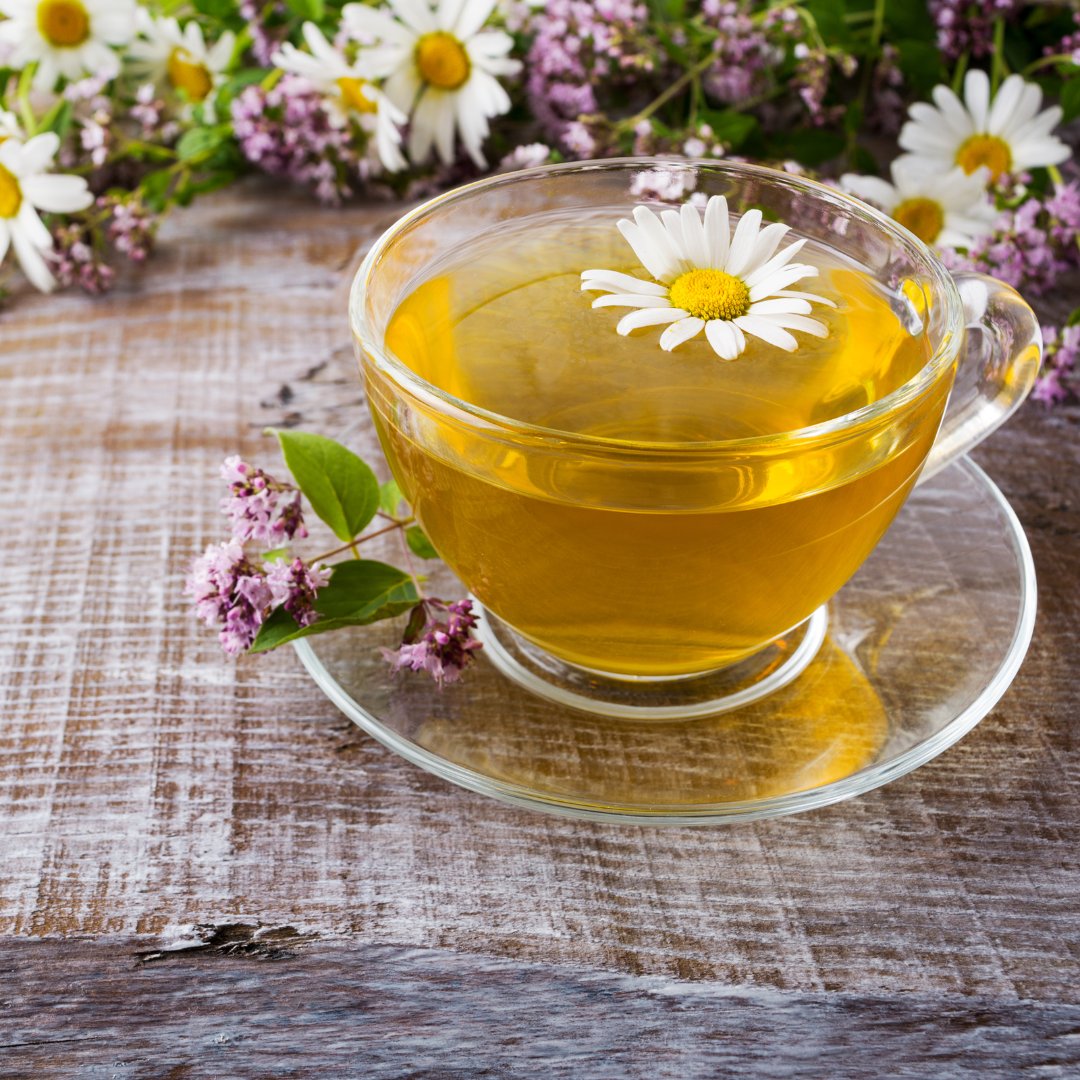
15. Drink A Calming Beverage Instead Of Coffee
Caffeine is often used to combat weariness and increase alertness. It may be found in a variety of foods and drinks, including:
- chocolate
- coffee
- soft drinks
- energizing beverages
This stimulant might harm the quality and length of your sleep. Caffeine's effects vary from person to person, but it's best to avoid it at least 6 hours before night. Instead, a calming beverage like chamomile tea might be consumed. It has been demonstrated to help people sleep and relax. Passionflower and magnolia are two other sleep-inducing teas.
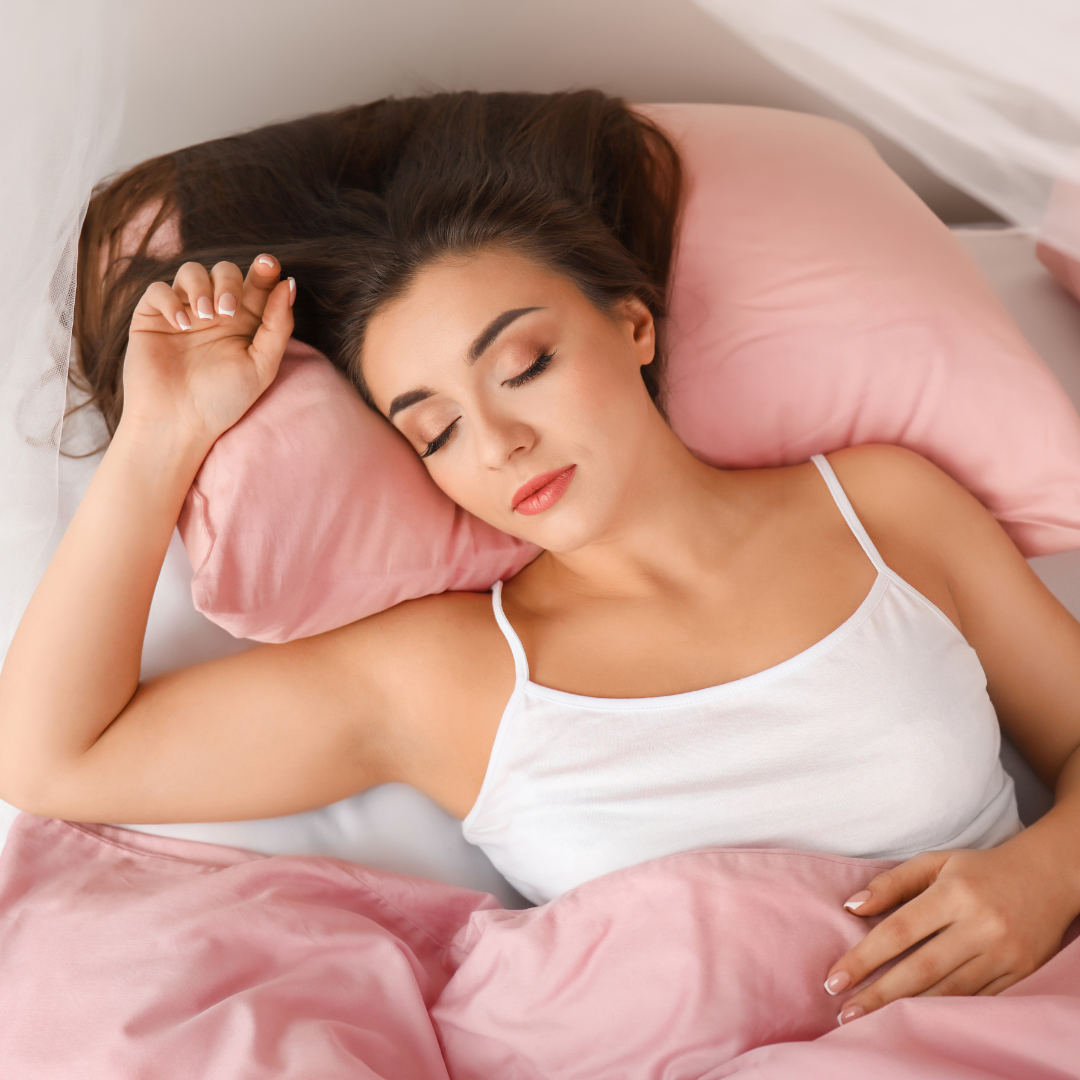
16. Change The Way You Sleep
Your body posture throughout the night may influence the quality of your sleep. The following are the three most common sleeping positions:
- The back
- The stomach
- The side
Back sleepers were thought to have a higher sleep quality in the past. However, research has revealed that this may not be the optimal sleeping posture since it may cause obstructed airways, sleep apnea, and snoring. Although personal preferences factor in selecting a sleeping position, the side position seems associated with better sleep quality.

17. Read Before You Go To Sleep
Reading might be an excellent way to unwind before going to bed. It seems that nighttime reading, at least for children, may help them sleep longer.
It's crucial to understand the distinctions between reading an e-book and a typical paper book.
Blue light from electronic books suppresses melatonin production. Melatonin deficiency makes it difficult to fall asleep, leaving you fatigued the following day. As a result, reading from a real book is suggested to help you relax and sleep better.

18. Concentrate On Staying Awake
It is said that if you go to bed and attempt to push yourself to sleep, your chances of success are much reduced. You might instead use paradoxical intention. Rather than pushing oneself to sleep, this method entails attempting to remain awake.
It's based on the premise that pushing oneself to go to sleep causes tension and worry, which prevents you from relaxing and sleeping. Although the evidence is conflicting, several studies have shown that persons who use this approach fall asleep more quickly.
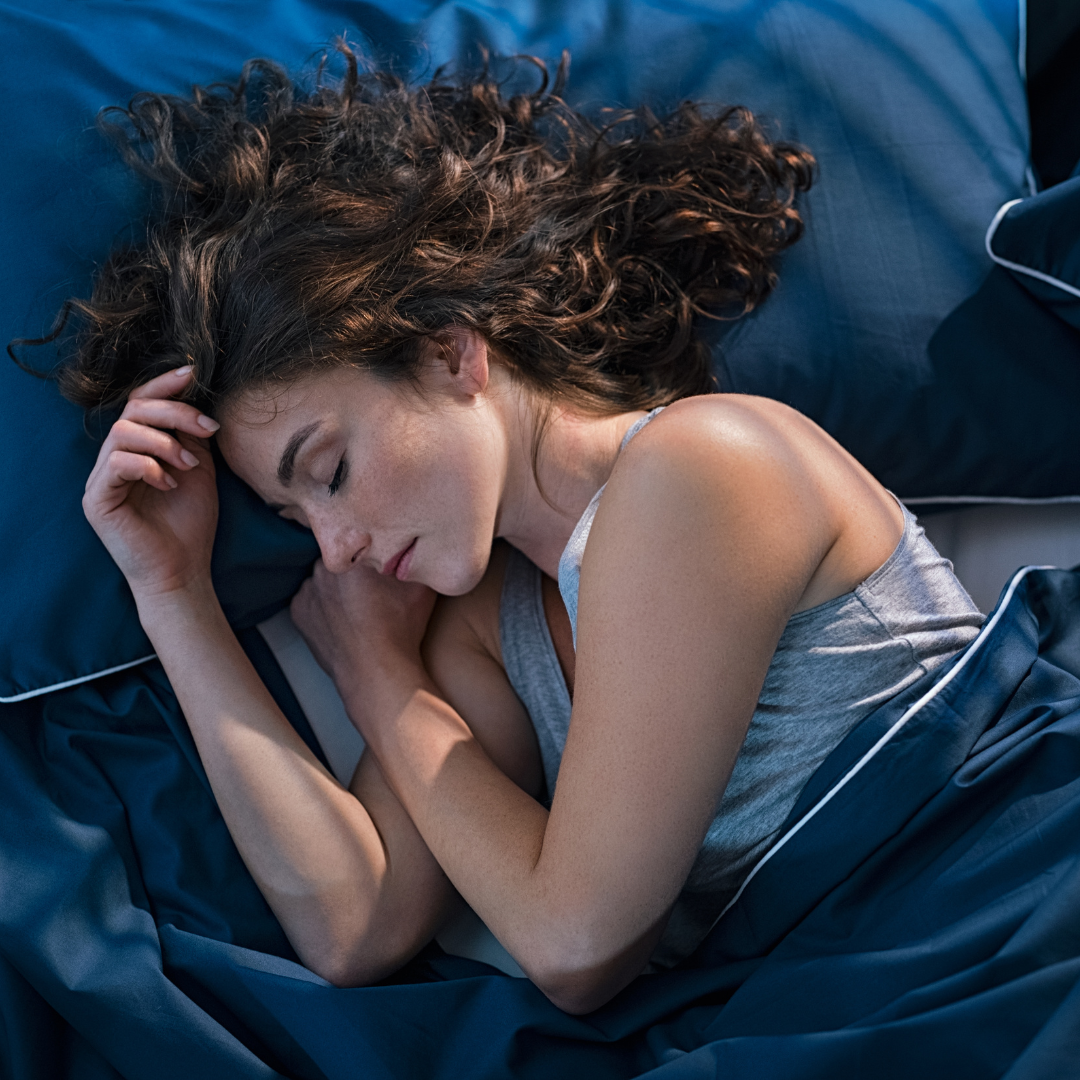
Conclusion
I trust you enjoyed this article on the Best Solutions To Help You Rest Easy. Please stay tuned for more blog posts to come shortly. Take care!
JeannetteZ
>>>Please click here to read my all-inclusive article about A Comprehensive Guide To Healing Naturally<<<
>>>Are you interested in Natural Healing through Herbs? Please click here for my #1 Recommendation<<<
Your Opinion Is Important To Me
Thoughts? Ideas? Questions? I would love to hear from you. Please leave me your questions, experience, and remarks about this article on the Best Solutions To Help You Rest Easy in the comments section below. You can also reach me by email at Jeannette@Close-To-Nature.org.






